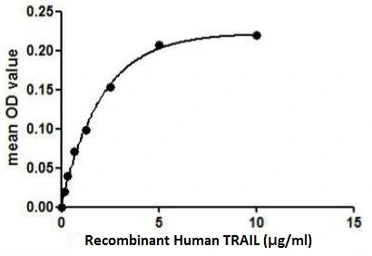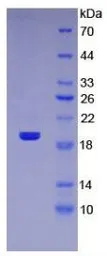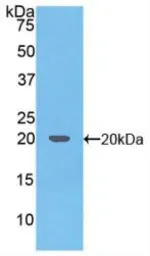Human TRAIL protein, His tag
Cat. No. GTX00068-pro
Cat. No. GTX00068-pro
-
ApplicationsFunctional Assay
-
SpeciesHuman


